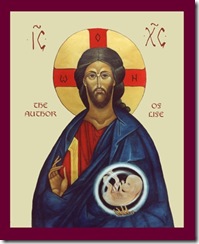6/14/2010 – Protodeacon Eric Wheeler –
I firmly believe that America offers the potential for the Orthodox Faith to flourish and grow like in no other land or culture.
Unfortunately, at times, we cannot free ourselves from the “old world” mentality which mires us in our “ancient” faith. Consequently, it makes it difficult for Americans to even attempt to understand the fundamentals of our Faith.
As the first historic Episcopal Assembly ends, and I read the message delivered at its conclusion, I cannot help but feel that we are attempting to fix our American jurisdictional problem with an “old world” mentality solution. Consequently, it makes it difficult for this American to understand why we are being so Byzantine in seeking a plan for Orthodox unity in America. [Read more…]

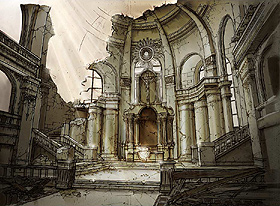
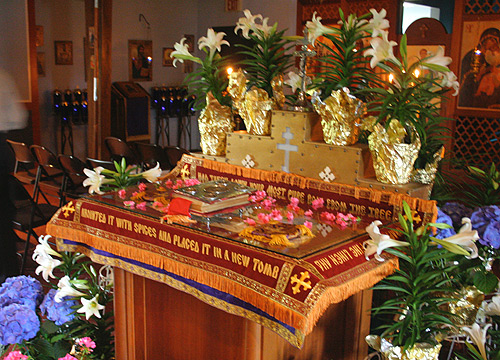 On Friday night, the Matins of Holy and Great Saturday, a unique service known as the The Lamentations at the Tomb (Epitáphios Thrēnos) is celebrated. This service is also sometimes called Jerusalem Matins. Much of the service takes place around the tomb of Christ in the center of the nave. A unique feature of the service is the chanting of the Lamentations or Praises (Enkōmia), which consist of verses chanted by the clergy interspersed between the verses of Psalm 119 (which is, by far, the longest psalm in the Bible).
On Friday night, the Matins of Holy and Great Saturday, a unique service known as the The Lamentations at the Tomb (Epitáphios Thrēnos) is celebrated. This service is also sometimes called Jerusalem Matins. Much of the service takes place around the tomb of Christ in the center of the nave. A unique feature of the service is the chanting of the Lamentations or Praises (Enkōmia), which consist of verses chanted by the clergy interspersed between the verses of Psalm 119 (which is, by far, the longest psalm in the Bible).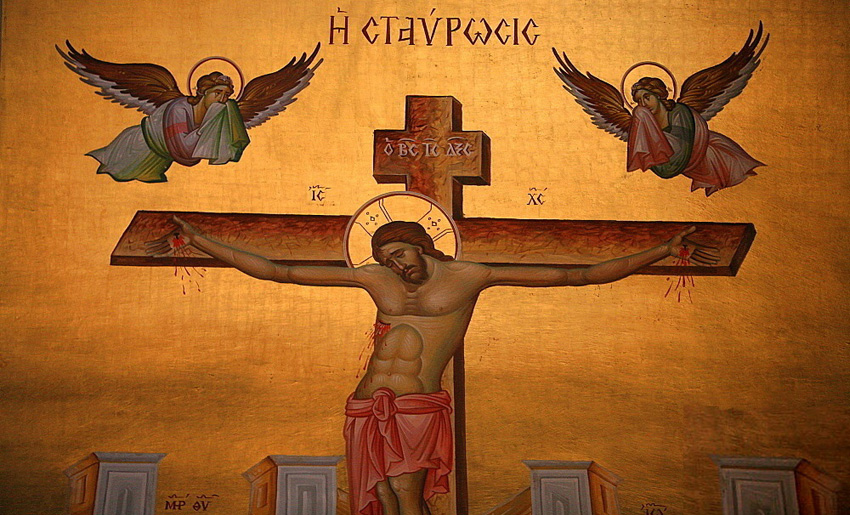
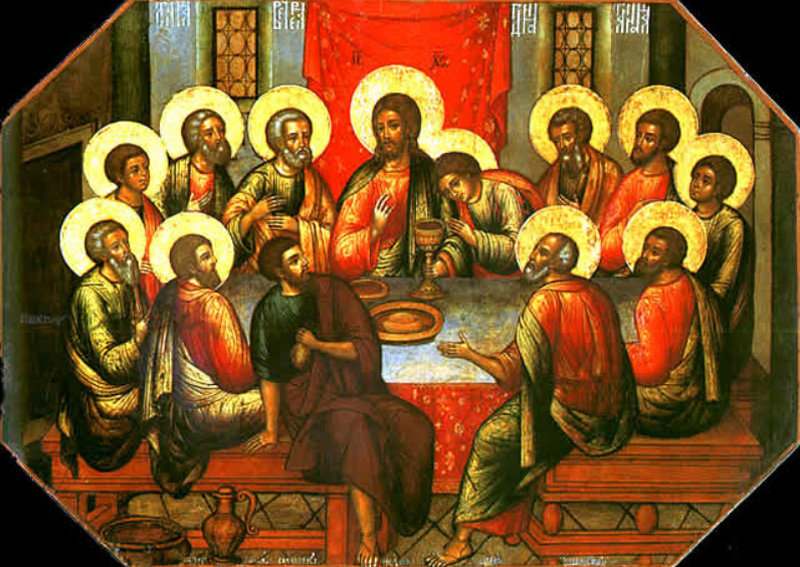 Holy Thursday begins with the celebration of vespers and the Divine Liturgy of St. Basil with a Reserved Eucharist in representation of the earthly presence of Christ realized at the Last Supper.
Holy Thursday begins with the celebration of vespers and the Divine Liturgy of St. Basil with a Reserved Eucharist in representation of the earthly presence of Christ realized at the Last Supper.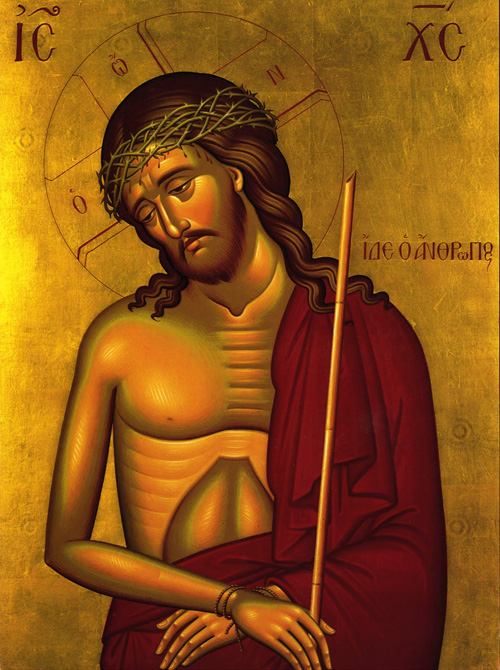 Christ the Bridegroom is the central figure in the parable of the ten Virgins (Matthew 25: 1-13); Christ is the divine Bridegroom of the Church as described in the Book of Isaiah (chapter 54), as well as the primary image of Bridegroom Matins.
Christ the Bridegroom is the central figure in the parable of the ten Virgins (Matthew 25: 1-13); Christ is the divine Bridegroom of the Church as described in the Book of Isaiah (chapter 54), as well as the primary image of Bridegroom Matins.